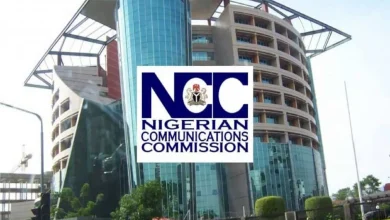Uber under pressure from Lagos government to share real-time data

The Lagos State Government has accused ride-hailing service, Uber, of defaulting on a data-sharing agreement signed in 2020 with the state.
According to the agreement, the state government required the platform to share real-time access to user trips and location data through backend API integration.
While another ride-hailing platform, Bolt, has complied with the terms, Uber argues that it already shares the required data daily with the state government, and is pushing back on the real-time data request.
The Lagos State Commissioner of Transportation, Honourable Oluwaseun Osiyemi, assured Lagosians that “immediate corrective action is imperative to rectify Uber’s non-compliance with the Data Sharing Agreement and API integration of the state.”
According to reports, Lagos authorities seized Moove-financed cars, known to be used for Uber.
Moove vehicles are easy targets because they have distinct looks, and the authorities know they all operate on the Uber platform.
The government maintains that the request is required to ensure a safe and well-regulated transport system that serves all residents, including identifying drivers and riders, and protecting users in an emergency.
Uber insists that it has fulfilled all regulatory obligations to the state including an annual license fee of ₦25 million, a per-trip road improvement levy of ₦20, and data-sharing requirements.
This data-sharing policy is not unique to Lagos State. In 2016, Uber revealed sharing data on over 11.6 million users and 600,000 drivers with global regulators.
A spokesperson for Uber reaffirmed the company’s commitment to regulatory compliance in all markets, including Nigeria.
In 2020, when the state reviewed the ride-hailing regulation, the former Lagos Transport Commissioner, Frederic Oladeinde, reportedly said, “We are not asking the e-hailing companies to release detailed data. All we are asking from them is data for trip movement so that we can calculate the right charge and levy due to the government. This data is to be supplied every week.”
In a statement, the Amalgamated Union of App-based Transporters of Nigeria’s Lagos State chapter advised drivers on the company’s platform to temporarily cease using the app until the problem is fixed.
Uber has yet to comply with the multiple letters the Lagos government sent, necessitating the decision to detain Uber app users.
However, Uber claims to be working closely with the government to find a long-term solution for API integration.
In Abuja, Uber encountered some regulatory issues regarding licensing. The mobility company, however, promises that it had submitted the required documents to the Federal Capital Territory Administration (FCTA).





